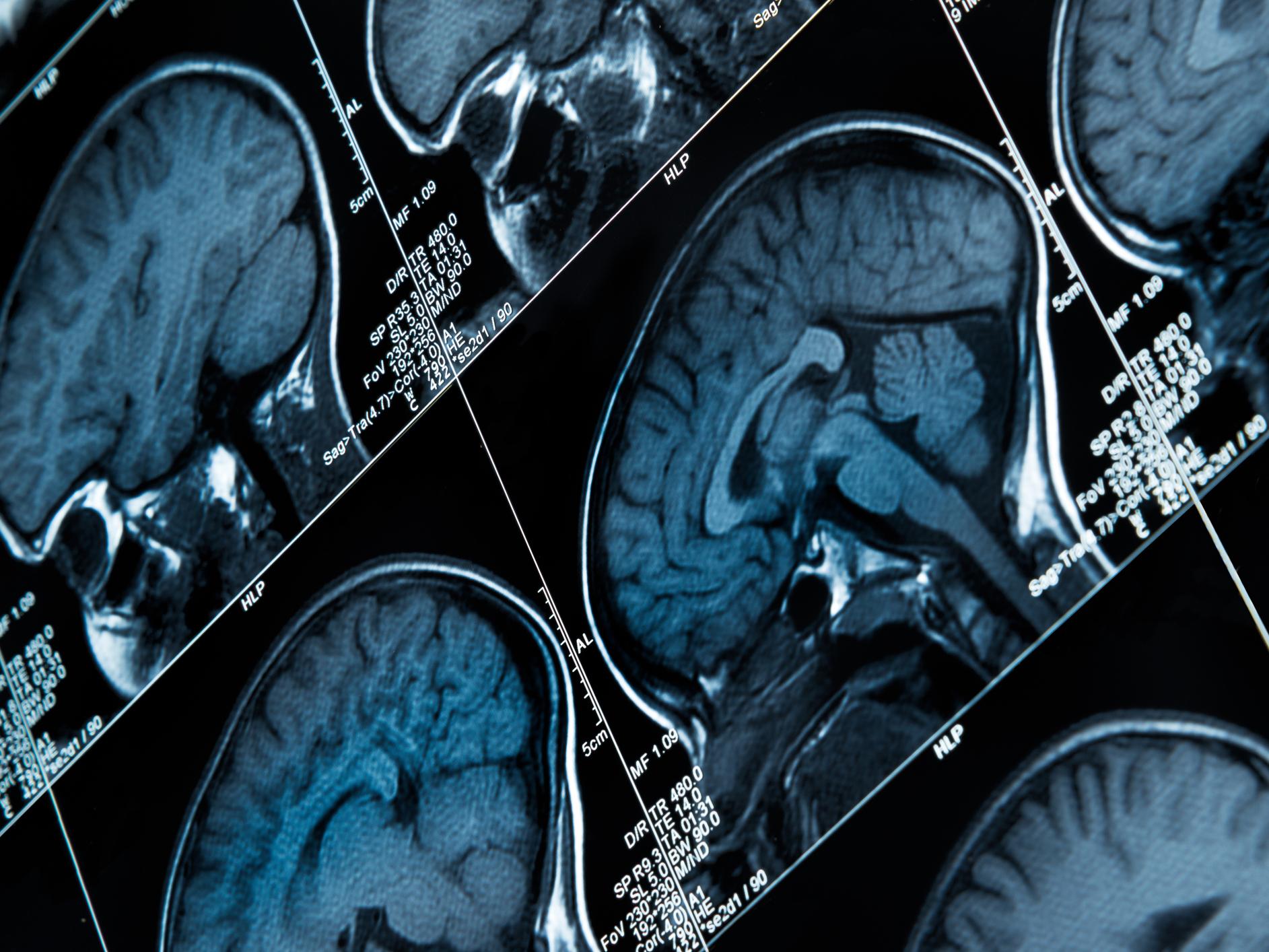Almost half of school staff would be unable to help student having epileptic seizure, study claims
Study shows pupils with condition could be at risk due to staff not knowing what action to take

Your support helps us to tell the story
From reproductive rights to climate change to Big Tech, The Independent is on the ground when the story is developing. Whether it's investigating the financials of Elon Musk's pro-Trump PAC or producing our latest documentary, 'The A Word', which shines a light on the American women fighting for reproductive rights, we know how important it is to parse out the facts from the messaging.
At such a critical moment in US history, we need reporters on the ground. Your donation allows us to keep sending journalists to speak to both sides of the story.
The Independent is trusted by Americans across the entire political spectrum. And unlike many other quality news outlets, we choose not to lock Americans out of our reporting and analysis with paywalls. We believe quality journalism should be available to everyone, paid for by those who can afford it.
Your support makes all the difference.Almost half of the UK’s education professionals have admitted they would not be able to help a student having an epileptic seizure, according to research.
A study has found pupils with the condition could be at risk because many members of staff do not know what action to take.
A significant number also do not know how to support young people with epilepsy and ensure they are not excluded from school activities or opportunities, according to the report.
The condition, a disorder of the brain where there is a tendency to have recurring seizures, affects 112,000 children and young people across the UK.
The study also found two-thirds of those polled have not had training to support sufferers of epilepsy.
Statutory requirements say school staff responsible for the welfare of a child with epilepsy should have training to support them and their needs.
The research of 600 adults working in the education sector – including teachers, administrators and catering assistants – was commissioned by the charity Young Epilepsy.
Mark Devlin, chief executive of the charity, said: “We know that our colleagues working in any education setting are facing many challenges every day, and most are doing a fantastic job in ensuring that every child in their care is being fully supported.
“But these latest figures show that children with epilepsy are struggling to have their conditions fully understood by the people who are playing an essential role in their educational and emotional development.”
The research also revealed one-third of those polled would not know when to call for an ambulance in the event of a seizure.
Experts recommend ringing 999 if a seizure lasts for more than five minutes or if you know it is the sufferer’s first one.
This is because prolonged seizures can result in a potentially fatal condition known as status epilepticus, in which epileptic fits follow one another without the sufferer regaining consciousness, the charity said.
Many of those who took part in the research were also not aware of the different types of seizure a young person can experience.
Similarly, three-quarters did not know falling to the ground and getting straight back up again could indicate a young person is having a seizure.
Only 17 per cent said they would protect the sufferer from hazards and just a quarter knew to cushion their head during a seizure – both actions Young Epilepsy advise are essential in order to keep the sufferer safe.
The research carried out through OnePoll also identified common misconceptions about the condition.
Six in 10 wrongly believed someone having a seizure can swallow their tongue.
And 15 per cent mistakenly thought flashing lights always trigger an epileptic seizure.
Additional research of 356 young people with epilepsy carried out by the charity found 37 per cent do not have an individual health care plan at school.
These plans are intended to keep pupils safe and ensure they are included in all aspects of school life.
Some young people have also been excluded from activities or opportunities at school – just because they have epilepsy.
A spokesperson for Young Epilepsy said: “Epilepsy is one of the most common long term conditions in childhood and every young person’s experience of it is unique to them.
“This means it is essential that schools have the information they need to keep a young person safe and adequately supported.”
The charity’s research also found many young people with epilepsy have “significant” difficulties in some area of cognition or behaviour.
The spokesperson added: “This is a consequence of epilepsy that’s rarely addressed when discussing the condition, but can have a profound effect on educational development, without the right support and guidance.”
Young Epilepsy have created a new online resource which contains information for anyone working with young people who have epilepsy.
SWNS
Join our commenting forum
Join thought-provoking conversations, follow other Independent readers and see their replies
Comments